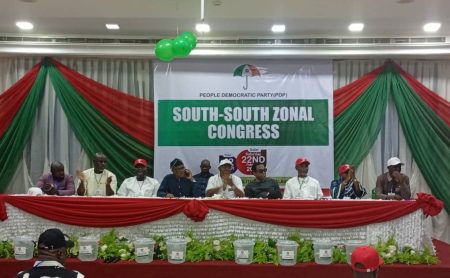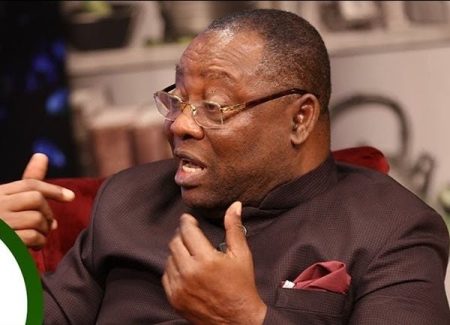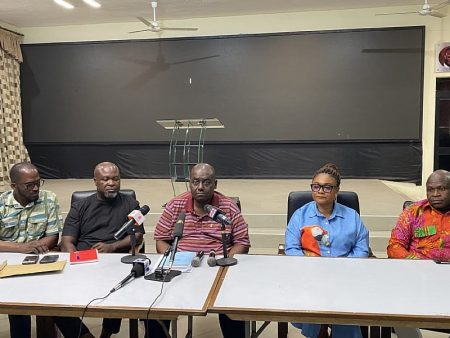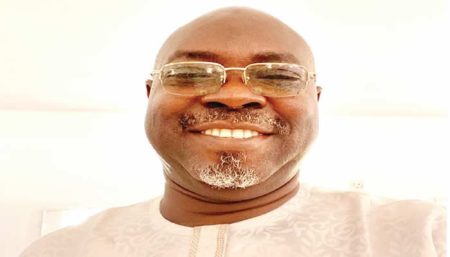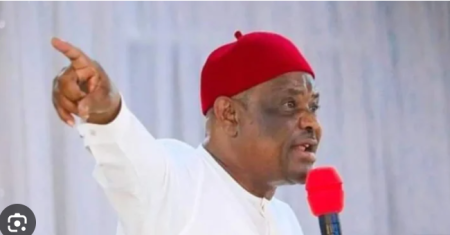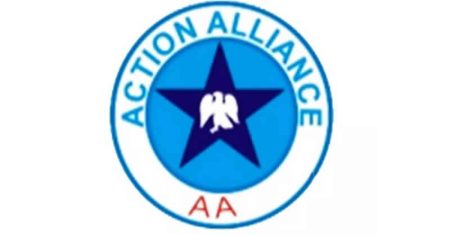The New Patriotic Party (NPP) experienced a significant defeat in the 2024 Ghanaian general elections, losing to the National Democratic Congress (NDC) by a substantial margin of over 1.7 million votes. This defeat saw the NPP’s parliamentary representation shrink from 137 seats to a mere 88, while the NDC secured a comfortable majority of over 180 seats. The NPP, which had fielded sitting Vice President Dr. Mahamudu Bawumia as its presidential candidate, failed to break the eight-year cycle of governance that has characterized Ghanaian politics in recent decades. This electoral setback has prompted introspection within the party, with members seeking to understand the factors that contributed to their loss.
Richard Suapim Jr., a member of the NPP’s National Communications Team, has identified arrogance and dishonesty among government appointees during the previous NPP administration as key contributors to the party’s defeat. He argues that the conduct of these appointees alienated the electorate, leading to widespread dissatisfaction and ultimately contributing to the party’s rejection at the polls. Suapim Jr. emphasized the need for the NPP to acknowledge its shortcomings, take responsibility for the actions of its appointees, and offer a sincere apology to the Ghanaian people. He believes this is a crucial step towards regaining public trust and rebuilding the party’s image. He stressed that the NPP had failed to meet the high expectations of the electorate, a failure that was compounded by the dismissive and arrogant behavior of some government officials.
Suapim Jr.’s critique underscores the importance of humility and accountability in public service. The perceived arrogance of government officials, coupled with a perceived disconnect from the concerns of ordinary Ghanaians, likely eroded public confidence in the NPP’s ability to govern effectively. This perception, combined with the NDC’s campaign message of a national “reset” under the leadership of John Dramani Mahama, resonated with voters seeking change and a fresh approach to governance.
Former President Nana Addo Dankwa Akufo-Addo, whose administration preceded the 2024 elections, has also offered his perspective on the factors that led to the NPP’s defeat. He acknowledged the role of public protests during his tenure, recognizing that these demonstrations were symptomatic of growing public discontent. These protests, often triggered by economic challenges, signaled a deepening dissatisfaction with his government’s performance. Akufo-Addo’s acknowledgment of the public’s grievances suggests an awareness of the shortcomings of his administration and the challenges that ultimately contributed to the NPP’s loss in the 2024 elections.
The convergence of these perspectives – Suapim Jr.’s criticism of internal party conduct and Akufo-Addo’s acknowledgment of public discontent – paints a picture of a party struggling to connect with the electorate. The NPP’s failure to adequately address economic challenges and the perceived arrogance of some government officials created a fertile ground for the NDC’s message of change to take root. The significant margin of victory for the NDC suggests a widespread desire for a different direction and a rejection of the NPP’s approach to governance.
The NPP now faces the daunting task of rebuilding its image and regaining the trust of the Ghanaian people. This will require a thorough self-assessment, an honest reckoning with the mistakes of the past, and a demonstrable commitment to addressing the concerns of the electorate. The party must move beyond simply acknowledging its shortcomings and actively work to implement meaningful changes that resonate with the needs and aspirations of Ghanaians. The road to recovery will be long and challenging, but it begins with accepting responsibility and demonstrating a genuine commitment to serving the people. The party’s ability to learn from its mistakes and adapt to the evolving political landscape will determine its future success.






